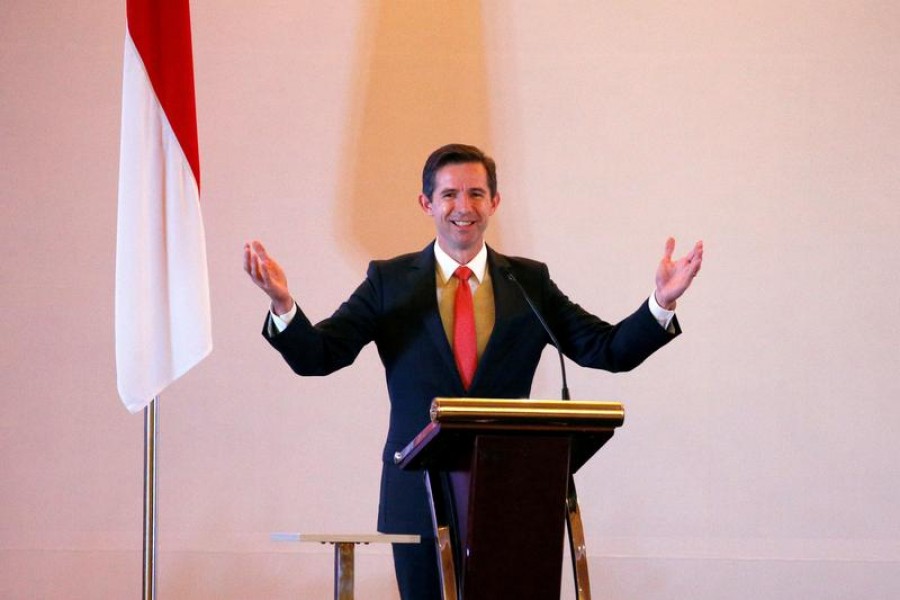Australia hopes that the country’s strained relations with China will improve under an ambitious trade deal between 15 Asia-Pacific economies, Reuters reports.
The country's Trade Minister Simon Birmingham expressed the hope ahead of the signing of the China-backed Regional Comprehensive Economic Partnership (RCEP) deal at an ASEAN summit in Hanoi on Sunday.
The deal was signed at a time when Asian leaders address tensions in the South China Sea and tackle plans for a post-pandemic economic recovery in a region where US-China rivalry has been rising.
RCEP groups the 10-member Association of Southeast Asian Nations (ASEAN), China, Japan, South Korea, Australia and New Zealand. It aims in coming years to progressively lower tariffs across many areas.
Covering nearly a third of the global population and about 30 per cent of its global gross domestic product, the deal will progressively lower tariffs and aims to counter protectionism, boost investment and allow freer movement of goods within the region.
Australia’s ties with China, its biggest trading partner, became frayed after Canberra called for an international inquiry into the source of the novel coronavirus, which erupted in the central Chinese city of Wuhan late last year.
Trade disputes have hit a dozen Australian industries and threatened exports to China of agricultural products, timber and resources worth billions of dollars.
The ASEAN pact offers a platform that can lead to a positive change in relations, Birmingham said.
“The ball is very much in China’s court to come to the table for that dialogue,” Birmingham told The Age newspaper ahead of the conclusion of the ASEAN talks.
“It is crucial that partners like China, as they enter into new agreements like this, deliver not only on the detail of such agreements, but act true to the spirit of them.”
Asked earlier this month whether China imposed restrictions on several Australian imports, foreign ministry spokesman Wang Wenbin said the measures taken by China were “legitimate, reasonable and beyond reproach.”


